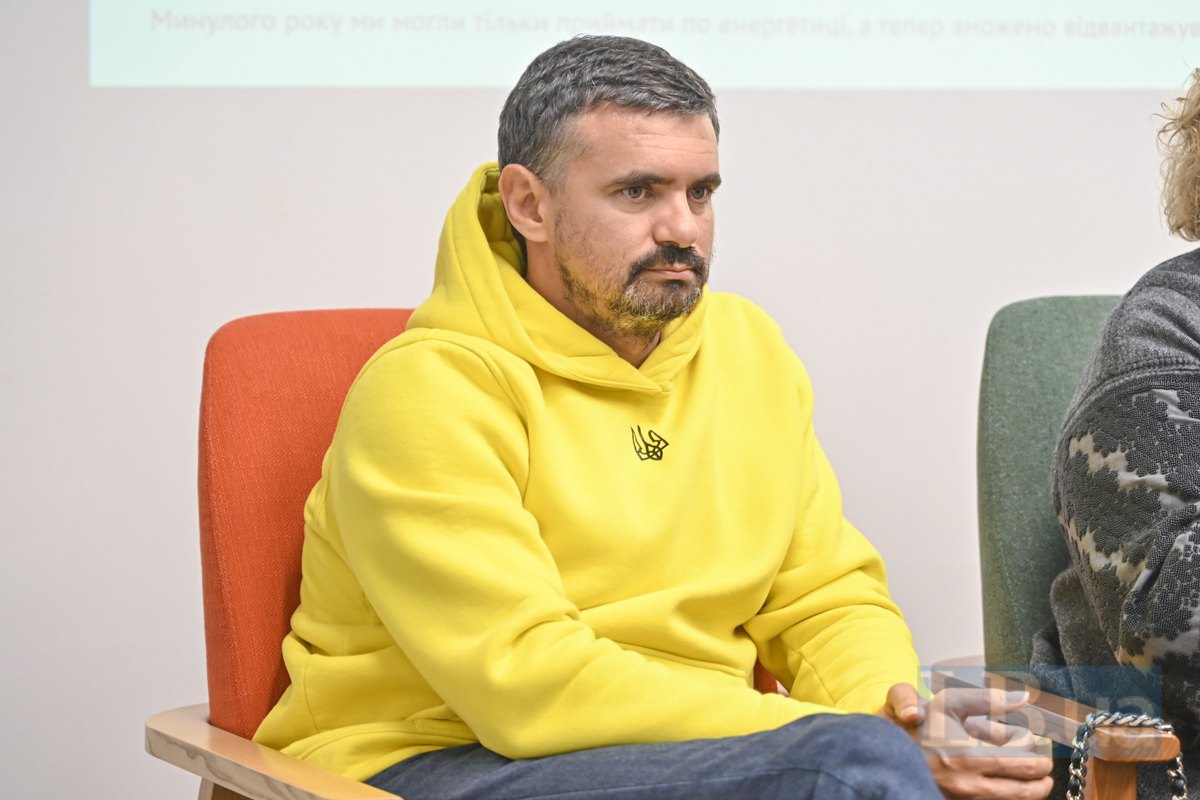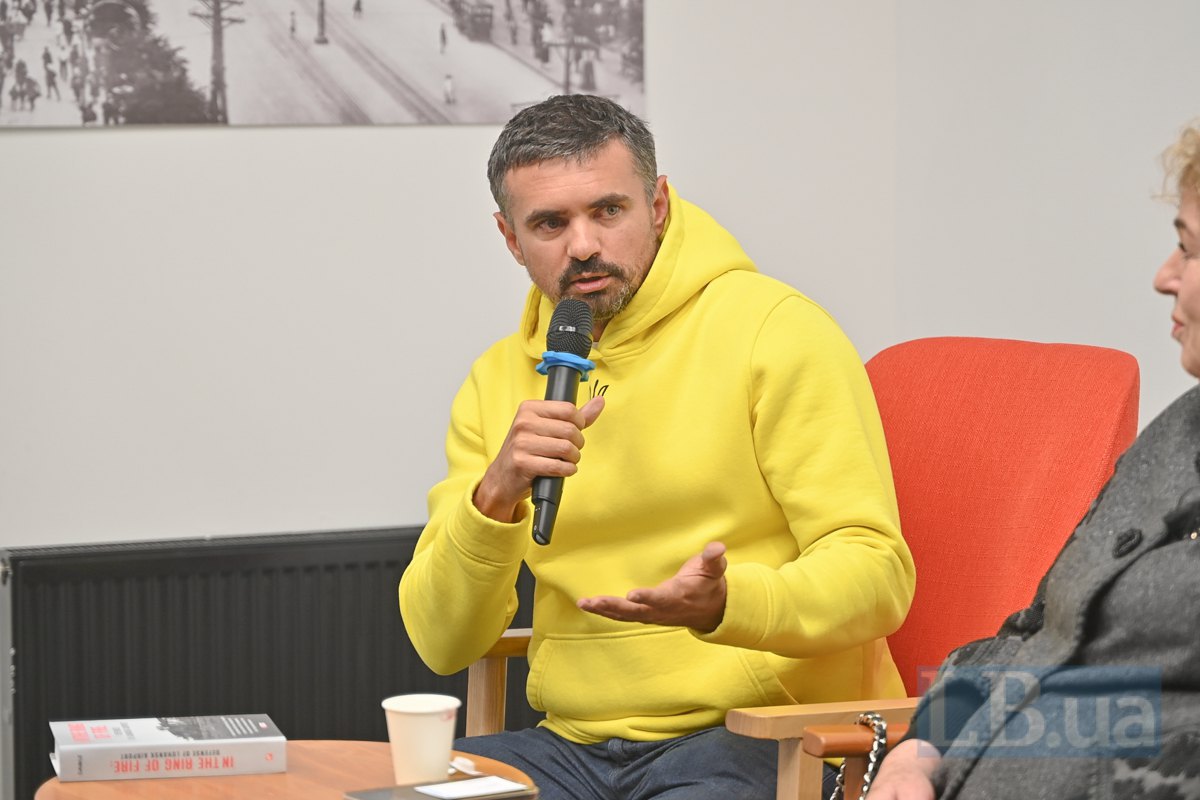
“We could still turn a blind eye to the state of modern education, pointing to the Soviet legacy, if we weren't at war. Today, changes in education and science are a matter of survival. Without fundamental science, there will be no modern weapons. The Chinese drones we are ‘twisting’ are not the weapons of the future. We will not be able to oppose an enemy that is not going anywhere unless we turn into Israel. Why is little Israel not afraid? Because it has technology and its own weapons production. I am not even talking about everything else,” noted Ihor Liski.
The reality is that, the businessman adds, when building a glass factory, he has to bring in specialist engineers from all over the world.
According to Liski, it is natural to first understand where we want to be in 20 years, what kind of economy we want to build, and what place we want to occupy in the world. And then, based on that, we can build reforms.
“I would very much like to see a council formed with the involvement of big business, which would determine what we will focus on in the future, because we will not be able to build everything. Clear tasks should be set — to build power plants, nuclear power plants, aeroplanes, high-speed railways, glass factories, or whatever. There should be a development plan for 20-30 years. And based on these goals, we can determine what specialists we need.
And then specifically move on to what universities we need, what science we need, what specialists. Use our small resources for these growth points. Build at least three, four, five successful universities with a role model. Where there will be graduates who already know where they will work,” said the businessman.

Now, according to Liski, the reasons for merging universities — due to a ‘bad’ rector or lack of funding — are not sufficiently justified. Because this could lead to the closure of educational institutions that are truly needed. He also questions the effectiveness of financial spending on education reform. Is the Ministry of Education and Science really spending the small amount of money allocated by the state for education rationally by simply reducing the network of higher education institutions?
In addition, the businessman believes it is necessary to bring education and production closer together so that business not only provides individual scholarships but also acts as a real customer for the industry.
“I want to understand how I can influence graduates to benefit me as an entrepreneur, because I am the main customer. It is difficult for the state to become a customer, except in some narrow areas, but globally it has not yet grown to such lofty heights as to see the future. For example, in business, I plan for development for at least 12-15 years. Some projects take seven years to build. And they will pay off in 15 years. Very often, the state does not even plan for five years — more often than not, it plans ‘until the elections,’ ‘until the re-elections,’ ‘at least until the end of the quarter.’
Until entrepreneurs or the private sector see themselves as real customers, see that education works to their advantage, that it gives them a real opportunity to invest in certain industries in the long term so that they can be innovative, there will be no such cooperation,” noted Ihor Liski.
Also, in the context of discussing Ukrainian science, the businessman recalled examples when the country's development was based precisely on military achievements.

“Where did Silicon Valley come from? These are the achievements of the military sector, which were privatised, and business began to build its processes on these transistors, and that's how this great story came about.
Where did innovative Israel come from? It is primarily a strategy of survival, the production of weapons, the latest, innovative weapons. That is why it is a country of start-ups. Let's think about how to use this dramatic moment. We can see how the Armed Forces of Ukraine are implementing innovations right now on the battlefield. Ukrainians can do this. How to make it more sustainable, how to extend it to science and education; how to bring together education, science and the involvement of real business and production — that is the question,” the businessman concluded.








